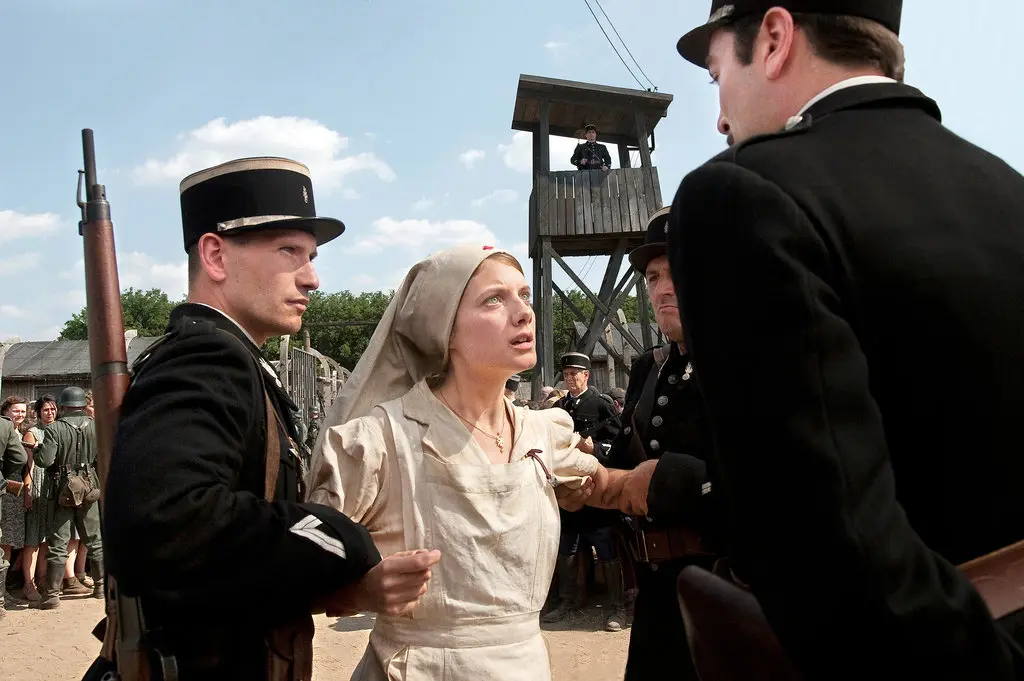Shortly after Germany conquered France in 1940, the collaborationist Vichy regime of Henri Philippe Petain announced its first antisemitic law. It relegated Jews to second-class citizenship and paved the way for their deportation to Nazi extermination camps in Poland.
Two years later, the French police began rounding up Jews and sending them to internment camps, from which they were transported to the Auschwitz-Birkenau concentration camp.
The most notorious roundup in France took place in the summer of 1942, when thousands of Jews in Paris were herded into the Vel’ d’Hiv cycling stadium in the center of the city and left to stew there for several days in appalling conditions before they were taken to an internment camp en route to Poland.
Rose Bosch’s emotive and generally strong feature film, The Roundup (La Rafle in French), unfolds against the backdrop of these horrific events. It is being presented free of charge by the Chaiflicks streaming service, along with five other Holocaust-related movies, from January 26-28 in honor of International Holocaust Remembrance Day on January 27.
The Roundup begins on a chilling note, with black-and-white newsreel footage showing Adolf Hitler and his entourage touring Paris in a motorcade early one morning after Germany’s invasion.
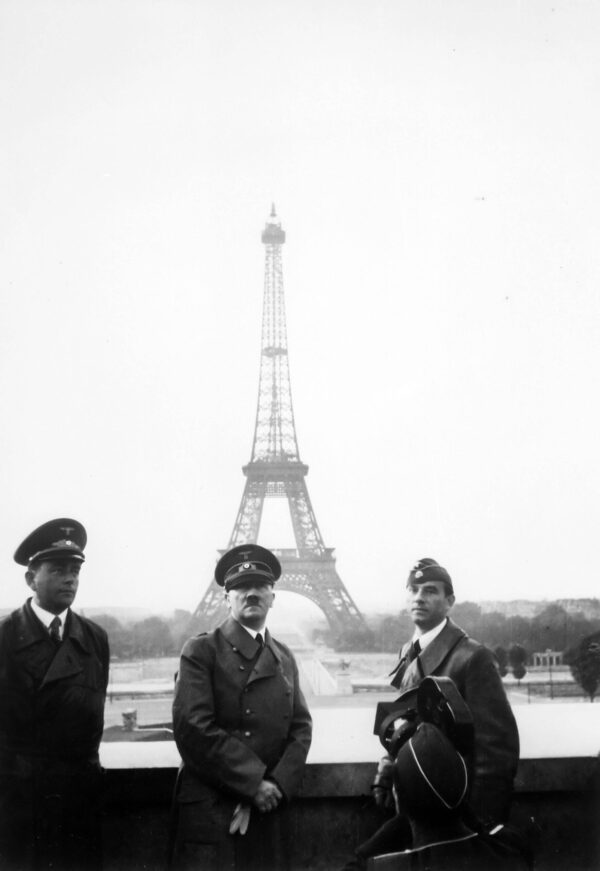
The film fast forwards to 1942, when a German soldier at an amusement park aims his camera at a young Jewish boy named Jo Weissman (Hugo Leverdez). Having caught sight of the Nazi yellow star attached to his sweater, the soldier slinks away in embarrassment.
In the next scene, the prime minister of Vichy France, Pierre Laval, informs Petain he has no objection to a German plan to deport stateless Jews. The atmosphere is thick with anti-Jewish animus. A radio announcer complains that Paris is “crawling” with Jews.
German officers demand the deportation of 100,000 Jews, but a French police official, a collaborator par excellence, counters that 20,000 will be sufficient.
As these cold-hearted calculations are discussed, Jewish students are dismissed from schools, Jews are fired from the civil service, and public places are declared off-limits to Jews.
In a subsequent scene, Petain tells Laval that while Jewish citizens of France can’t be deported, stateless Jews can be.
A friendly French policeman warns a Jewish woman that the deportations are about to start, but Jo’s Polish born father, Shmuel (Gad Elmaleh), cannot believe that France will abandon and persecute Jews. His wife is just as naively optimistic, claiming that Petain is no cossack.
The police are ruthless in rounding up Jews. French bystanders are of two minds. A man shouts, “Death to Jewish vermin.” A priest helps a Jewish person escape and angrily compares Hitler to the Antichrist.
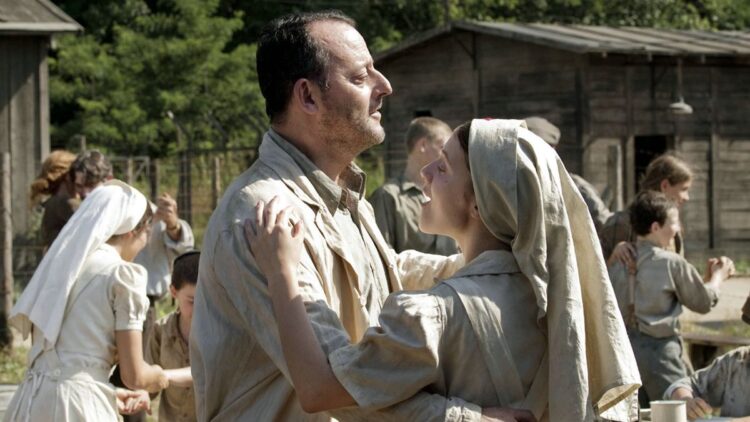
Eight thousand Jewish men, women and children are packed into the cycling stadium. David Scheinbaum (Jean Reno), a Jewish doctor, does what he can to relieve the misery, as does Annette Mond (Mélanie Laurent), a Christian nurse.
A humane fire chief releases the water supply, knowing that people are desperately thirsty, and admonishes an indifferent policeman guarding them.
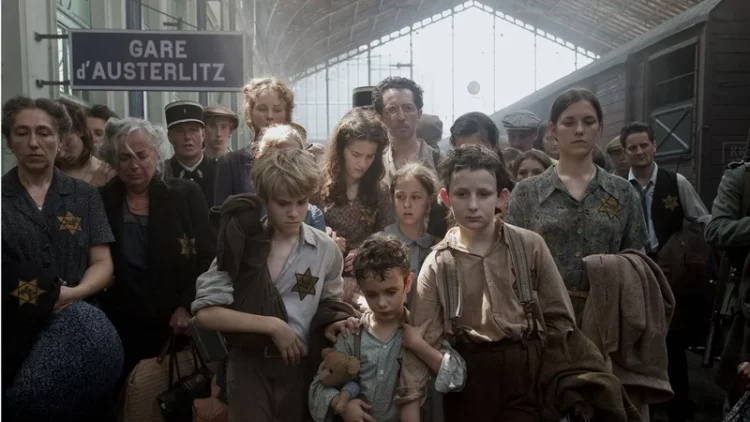
The Jewish prisoners are brought to an internment camp, where conditions are almost as bad. They are soon loaded into box cars on a train bound for Poland.
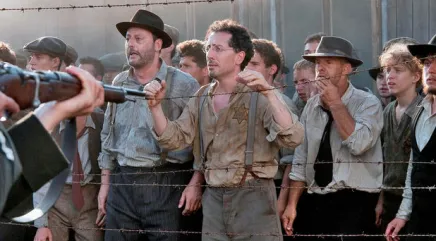
The Roundup descends into irrelevance in several silly scenes during which Hitler converses with SS chieftain Heinrich Himmler, his mistress Eva Braun and German children.
These roundups ended in utter tragedy. Only 25 of some 13,000 deportees survived the rigors of Auschwitz-Birkenau, and all 4,051 of the children were murdered.
Ten thousand Jews who were slated for deportation but who were not subjected to that particular roundup found refuge with Christians and survived.
These deportations left a deep stain on France’s honor, as The Roundup makes abundantly clear.
